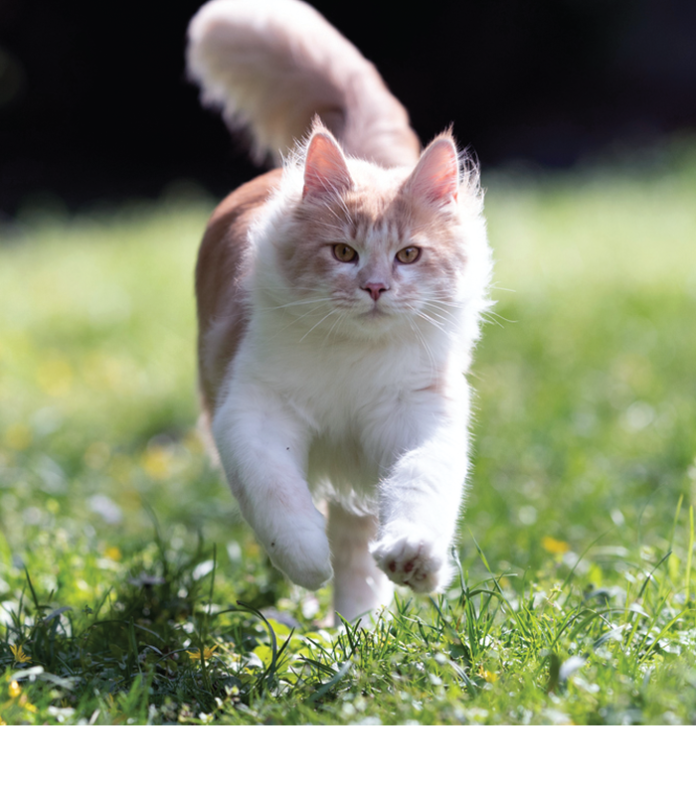Researchers at University of California San Diego School of Medicine used bacteria found on healthy cats to successfully treat a skin infection on mice. These bacteria may serve as the basis for new therapeutics against severe skin infections in humans, dogs, and cats.
The study, published in eLife, was conducted by specialists in using bacteria to treat illnesses, which is known as “bacteriotherapy.” They looked at methicillin-resistant Staphylococcus pseudintermedius (MRSP), a bacterium commonly found on domesticated animals that becomes infectious when the animals are sick or injured. MRSP is an emerging pathogen that can jump between species and cause severe atopic dermatitis or eczema.
The team identified a strain of cat bacteria called Staphylococcus felis (S. felis) that was especially good at inhibiting MRSP growth, producing multiple antibiotics that kill MRSP by disrupting its cell wall and increasing the production of toxic free radicals.
Bacteria can easily develop resistance to a single antibiotic. To get around this, S. felis has four genes that code for four distinct antimicrobial peptides. Each of these antibiotics is capable of killing MRSP on their own, but by working together, they make it more difficult for the bacteria to fight back.
Having established how S. felis kills the MRSP, the next step was to see whether it could work as a therapy on a live animal. The team exposed mice to the most common form of the pathogen and then added either S. felis bacteria or bacterial extract to the same site. The skin showed a reduction in scaling and redness after either treatment, compared with animals that had no treatment. There were also fewer viable MRSP bacteria left on the skin after treatment with S. felis.
The next steps include plans for a clinical trial to confirm whether S. felis can be used to treat MRSP infections in dogs. Bacteriotherapies like this one can be delivered via topical sprays, creams, or gels that contain either live bacteria or purified extract of the antimicrobial peptides.n
Alan M O’Neill A.M., et al. Antimicrobials from a feline commensal bacterium inhibit skin infection by drug-resistant S. pseudintermedius. eLife, 2021; 10 DOI: 10.7554/eLife.66793. Science Daily.




